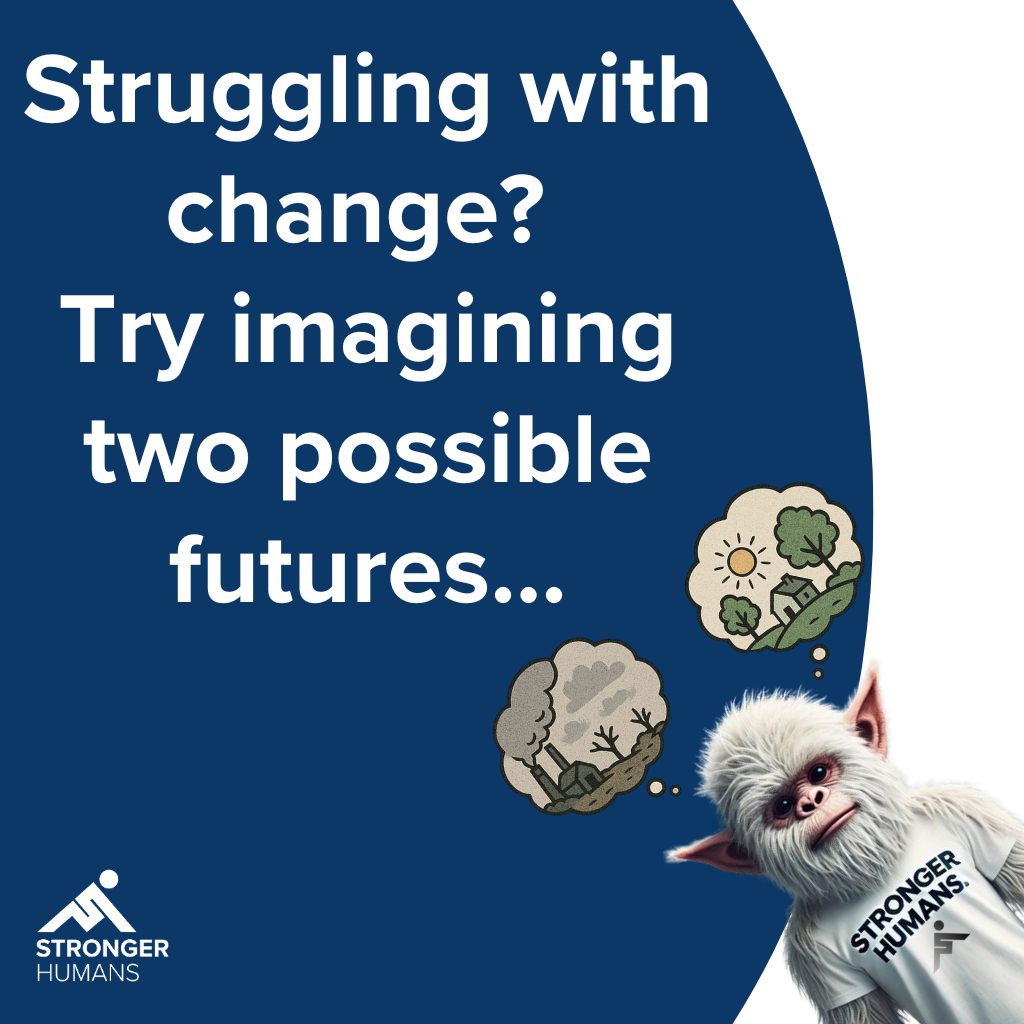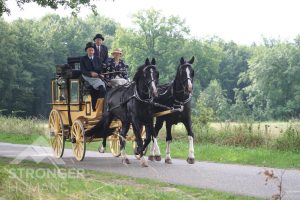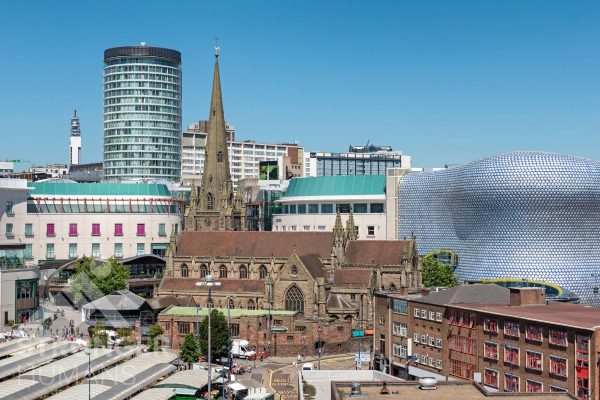
Spoiler alert….it is not just the preserve of young humans…this one’s for all of us!
If you want to facilitate change with an individual, team or organisation the default settings we often fall to, can sometimes sound as follows:
“They just don’t get it” …so I will share my insight.
“They just don’t know what I know or know how” …I tell you what they need, my knowledge & skills
“They just aren’t bothered” – what if I introduce fear to make them care
Whilst these approaches may work with some people in some contexts, as Jane Austen once concluded “we all have a better guide in ourselves, if we would attend to it, than any other person could be.”
So, the goal should be all about creating the conditions that helps those who you need to change to become ‘unstuck’ & move from reactance, through ambivalence to where they need or choose to be.
One way to facilitate this kind of thinking is introduce the idea of ‘two possible futures’ – one where they imagine how things could be if the change happens & the other gets them to think how life will be if it does not. This simple yet effective approach can help increase importance, build confidence & motivation in the individual or team whilst helping you better understand what support they may need to get there.
Don’t take my word for it – try it at your next 1:1 or team meeting. Ask your colleague(s) to cast forward 6 months & imagine the change has been delivered…what would be different, how would they feel, what would others notice? Not a ‘silver bullet’ by any means, but it may just evoke thinking that gets you started.
If you want help imagining your ‘two possible futures’ then message me for a free 30-minute conversation at rupert@strongerhumans.com – no crystal balls I promise!
#strongerhumans #leadingchange





